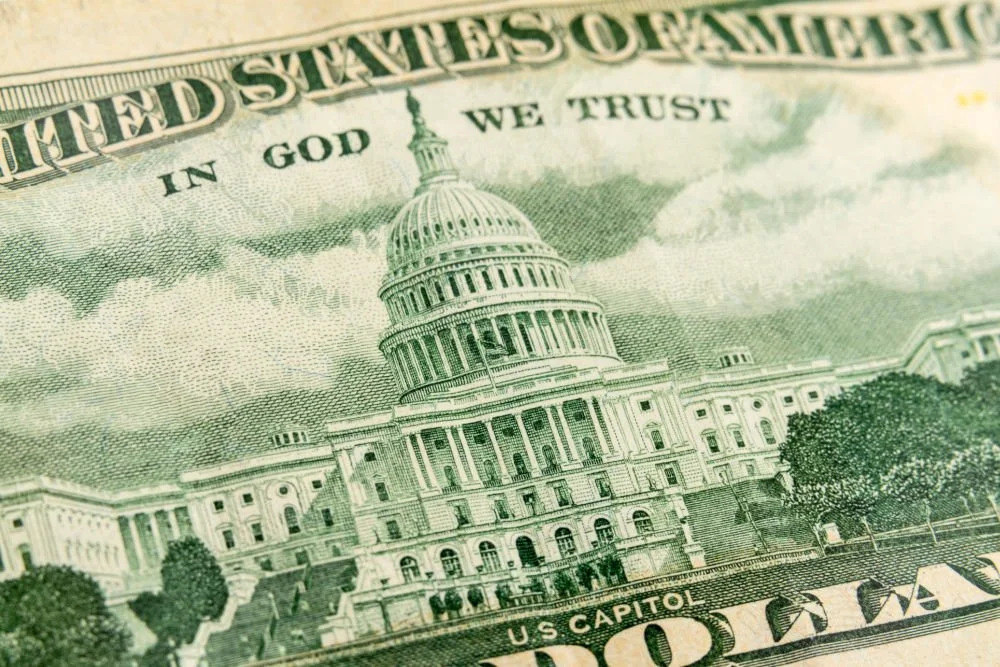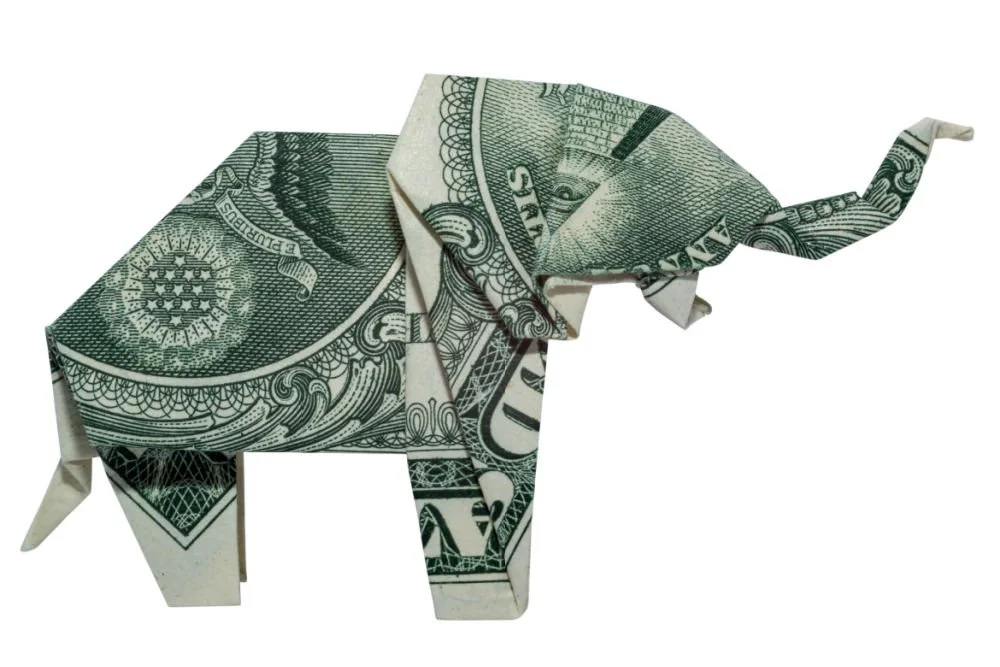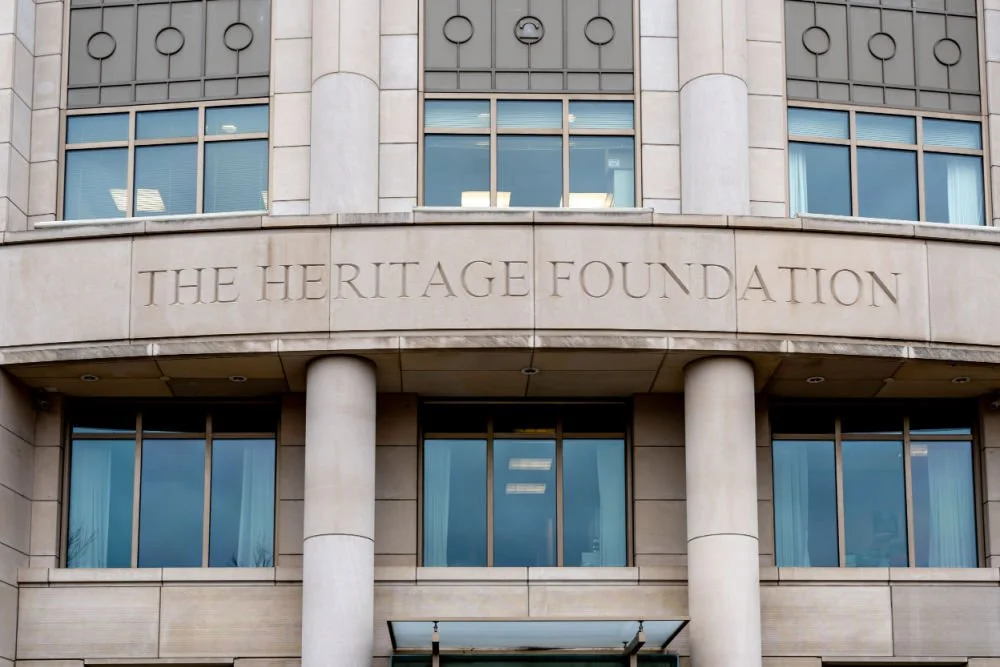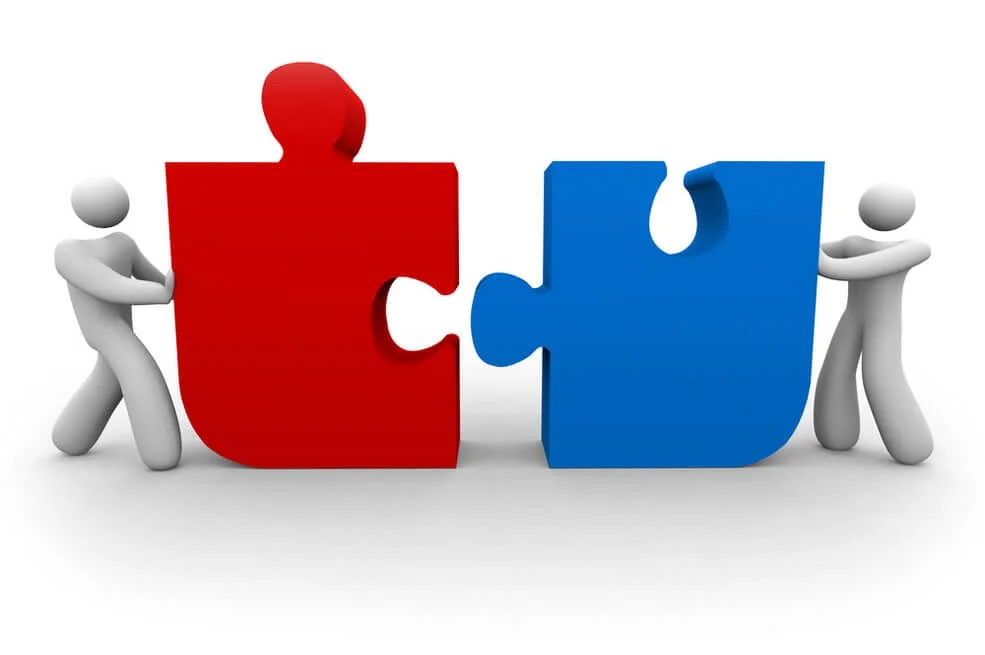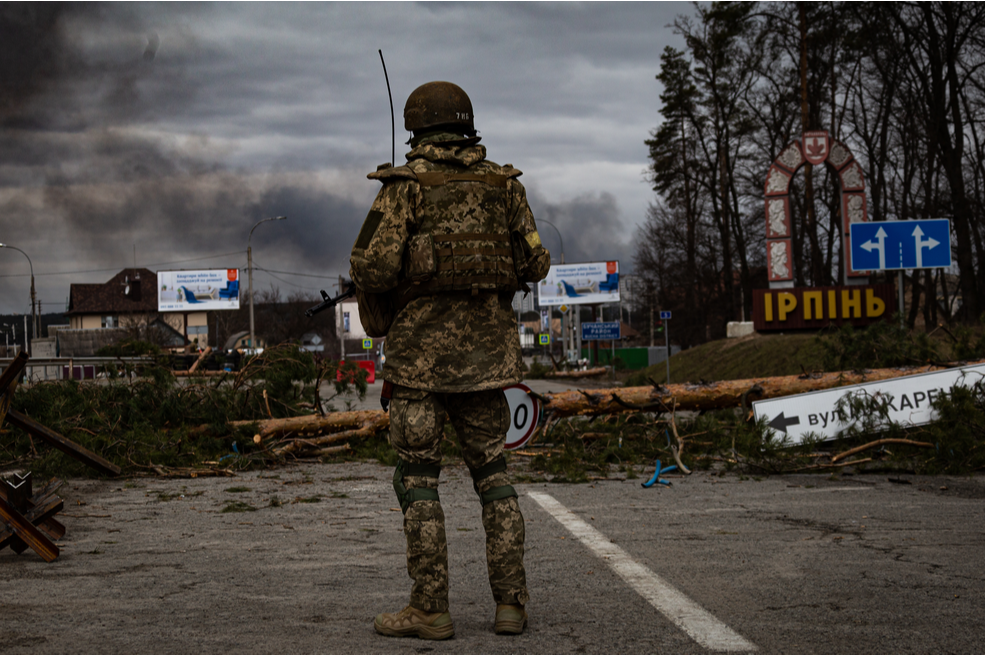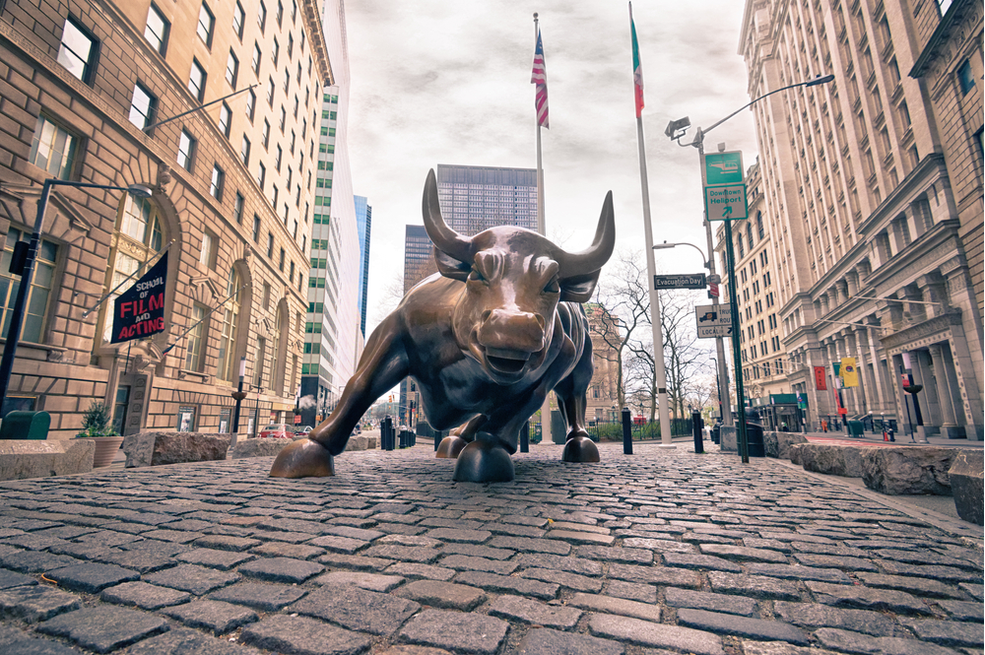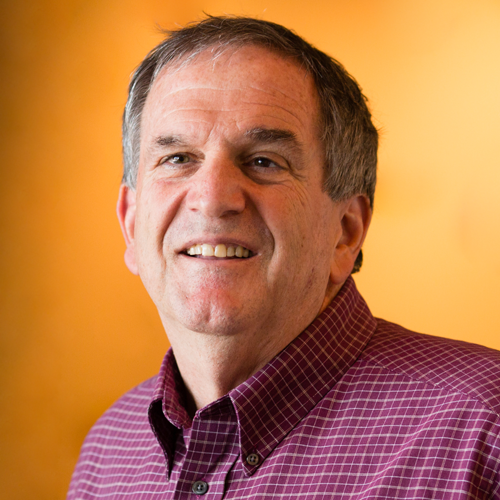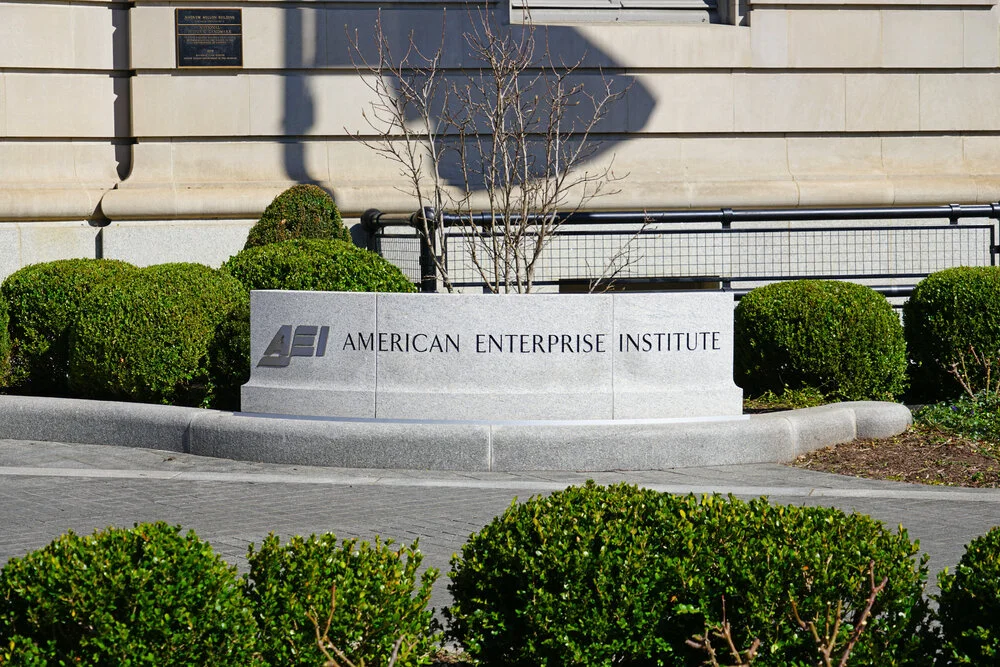Are Wealthy Donors Squashing Debate on Inequality?
/Here's a scary picture that fits nicely into a growing populist critique of philanthropy: Wealthy donors are using the power of the purse to muffle debate about economic inequality.
Drawing on his own experiences as a speaker, as well as other evidence, Robert Reich writes in the Huffington Post about pressures to play down criticism of the wealthy and corporations in order to keep donors happy. He also talks about how business funding is corrupting think tanks, and how Koch family money is reaching into more institutions.
Reich warns:
Philanthropy is noble. But when it's mostly in the hands of a few super-rich and giant corporations, and is the only game available, it can easily be abused. Our democracy is directly threatened when the rich buy off politicians. But no less dangerous is the quieter and more insidious buy-off of institutions democracy depends on to research, investigate, expose, and mobilize action against what is occurring.
Important parts of Reich's argument are correct. But the overall picture he paints is misleading. In fact, one big reason there has been such a robust debate about inequality lately is because a host of wealthy donors have spent a fortune to put this issue on the national agenda.
In his commentaries, Robert Reich often says that growing inequality is not just bad for America's social fabric, but also undermines economic growth. He's right, which is why plenty of smart rich people think the same thing.
Before looking at the rich donors who've been pushing back against inequality, let's take a look at where Reich's arguments do hit the mark.
First, there's no question that some nonprofits are afraid of antagonizing wealthy donors by embracing populist rhetoric or pushing for higher taxes and laws that strengthen labor organizing. Alas, that's probably even been true at times for certain left-of-center policy groups. Reich doesn't name names, and I won't either. But I will say this: During the debate over financial reform in 2009 and 2010, there was a keen awareness among progressives that some policy groups that should have been out front on this issue were instead standing down, presumably because of ties to Wall Street.
That's troubling, and the same thing has occasionally happened on other issues, like trade. Reich is right to call this out.
Second, Reich is correct that more self-interested money has penetrated into policy groups and other nonprofits, and that this money has constrained debate over inequality. Most obvious is all the conservative money that goes for policy research. Just recently, I wrote about the many billionaires who have rallied behind the American Enterprise Institute, a think tank that opposes higher taxes on the rich and stronger financial regulation.
Related - Which Washington Think Tank Do Billionaires Love the Most? And Why?
Such funding has reached a high water mark lately, although it is nothing new. What is new is how centrist think tanks like the Brookings Institution and the Peterson Institute for International Economics rely ever more heavily on corporate donors. Last year, I wondered aloud how objective the Peterson Institute could really be regarding global economic policy considering that most of its funding comes from corporations with a strong financial stake in the issues the institute works on, like trade. Ordinary workers have gotten creamed by globalization, but policy work in this area has been dominated by experts funded by corporations and the wealthy. There's no question that this has narrowed the debate about inequality.
Related - Yikes, Look At All the Corporate Money Behind This Washington Think Tank
So in many ways, Robert Reich and I are on the same page. What's problematic about his article is not what he says; it's what he doesn't say.
You'd never know from reading Reich's piece that an entirely new progressive infrastructure has arisen since 2000, which has led the biggest charge against economic and political inequality in a generation, or that rich donors helped make this happen.
The Democracy Alliance, a collaborative of wealthy donors, has been near the forefront of that effort since 2005, pumping millions annually into progressive work that challenges an unequal status quo. Now, as I reported late last year, the DA is moving to focus even more on economic and political inequality.
Related - Gara LaMarche: A Practitioner, and Critic, of Big Philanthropy Embraces the Irony
More broadly, there's been a notable shift in recent years among progressive groups and funders to take on economic issues after a long period when social rights were front and center.
Some top donors have invested millions of dollars specifically to research inequality and explore ways to create more shared prosperity. In 2009, for example, George Soros underwrote the creation of the Institute for New Economic Thinking with an initial $50 million commitment and the goal of challenging the dominant elite complacency about inequality and market ideas.
Another major donor, Herb Sandler, underwrote the creation of the Washington Center for Equitable Growth, another research group that's digging into inequality in new ways—with new money. Sandler and his late wife Marion also created the Center for Responsible Lending, an organization that's boosted the fight against predatory and other usurious lending. Millions more in Sandler funding has gone to the Center for Budget and Policy Priorities—a group which last year also got its biggest donation ever from Atlantic Philanthropies, the foundation of the former billionaire Chuck Feeney. A key goal of that gift is to allow the center to mount a stronger economic case against inequality.
Related - The Sandler Way: Where Big Philanthropy Meets the Art of Common Sense
In addition, Sandler money was instrumental in creating the Center for American Progress, the closest thing that progressives have ever had to a big think tank like the Heritage Foundation. At times, CAP has drawn fire for being too close to corporate and Wall Street donors. But that hasn't stopped it from advancing a host of policies that would hit the wallets of the rich, such as a 2012 tax plan that seriously whacked high earners.
I could go on with examples, but here's the broader point: The upper class is actually more divided than you might think on inequality. Many wealthy people are worried about this issue, for all the obvious reasons, and many are willing to take a financial hit to help close the gap—for instance, by paying higher taxes.
Yes, the wealthy are still more fiscally conservative than all other groups of Americans. But there are enough dissenters from that view to help fuel serious flows of money to both progressive nonprofits and candidates.
Just think, for a moment, how much money Elizabeth Warren would surely pull in from wealthy donors if she did run for president.
Why do more wealthy people worry about inequality than might have been the case in the past? In my 2010 book, Fortunes of Change, about the rise of the liberal rich, I argued that one reason is that more wealth these days is created in complex industries where nobody succeeds without the help of strong public goods, such as educated workers and scientific research. Many of the new rich understand that as society, we're all in this together.
This is a strange time in class politics, and it can be hard to wrap your head around what's been going on. Obamacare is a great example. In part, this is a redistributive program financed by taxes on the rich—who largely live on both coasts—and delivers many of its benefits to poorer residents of the American heartland. And yet it's helped fuel white working class antipathy to the president—even as plenty of wealthy people have supported the law.
Everyone wonders "What's the Matter With Kansas?" But another question is this: "What's the Matter with Connecticut?"







